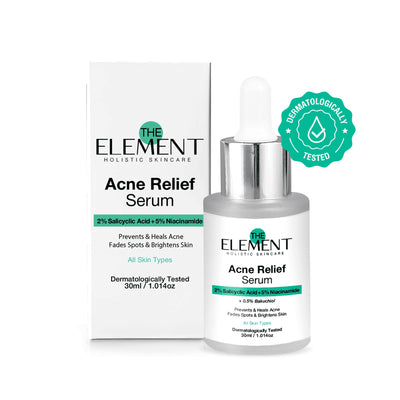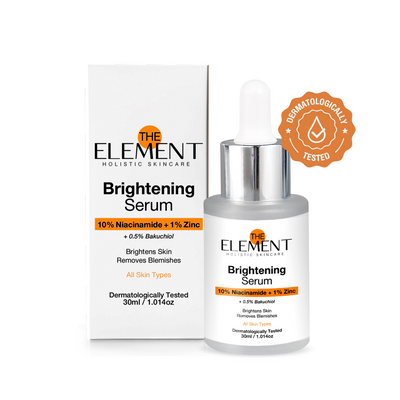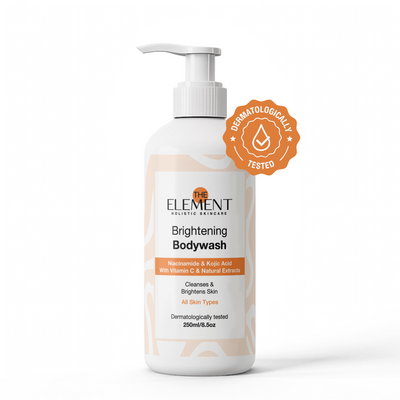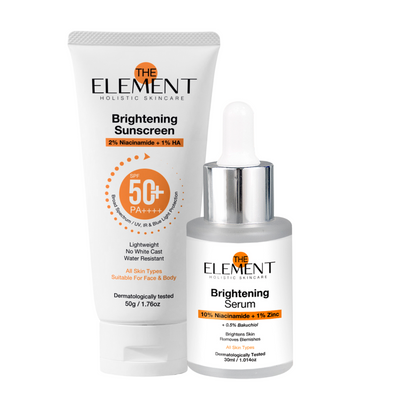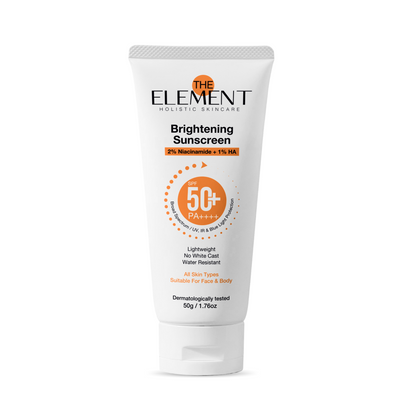Do Mangoes, Eggs, Dairy, and Other Foods Cause Acne? Expert Answers to Common Diet and Acne Questions

1. Do mangoes cause acne?
Mangoes themselves are not a direct cause of acne, but they are high in natural sugars. For some people, consuming high-glycemic foods (which raise blood sugar quickly) can increase insulin levels and inflammation, potentially triggering or worsening acne. If you notice breakouts after eating mangoes, consider moderating your intake.
2. Can eating eggs cause acne?
Eggs are not a common acne trigger for most people. However, some individuals may be sensitive to the hormones or proteins in eggs, which could potentially contribute to breakouts. There is limited scientific evidence linking eggs directly to acne, but if you suspect a connection, try eliminating eggs for a few weeks to see if your skin improves.
3. Do chicken cause acne?
Chicken meat itself is not known to cause acne. However, processed or fried chicken, or chicken raised with added hormones and antibiotics, may contribute to inflammation in the body, which can worsen acne in some people. Opting for lean, organic, or free-range chicken is generally considered better for skin health.
4. Can drinking tea cause acne?
Plain tea, such as green or black tea, is not associated with acne and may even have anti-inflammatory properties. However, teas with added sugar, milk, or creamers can contribute to breakouts in those sensitive to dairy or high sugar intake.
5. Does curd cause acne?
Curd (yogurt) is a dairy product, and some studies suggest a link between dairy consumption and acne, especially in teenagers and young adults. The hormones present in milk may influence oil production and inflammation. If you notice more breakouts after eating curd, you may want to limit your intake or try plant-based alternatives.
6. What foods cause acne?
Foods most commonly associated with acne include high-glycemic foods (white bread, sugary snacks, sweetened beverages), dairy products (milk, cheese, ice cream), and highly processed or greasy foods (fast food, chips). These foods can increase inflammation, hormone levels, and sebum production, all of which can contribute to acne.
7. Does paneer cause acne?
Paneer is a fresh cheese made from milk, so it falls under the category of dairy products. Like other dairy foods, paneer may trigger acne in people who are sensitive to dairy, possibly due to hormones or proteins in milk.
8. Can potatoes cause acne?
Potatoes, especially when fried or processed (like chips or fries), have a high glycemic index, which can spike blood sugar and insulin levels. This may increase oil production and inflammation, potentially worsening acne in some individuals.
9. Does jaggery cause acne?
Jaggery is a natural sweetener, but it is still a form of sugar. High sugar intake can increase insulin and inflammation, which may contribute to acne in some people. Moderation is key if you are prone to breakouts.
10. Can flax seeds cause acne?
Flax seeds are rich in omega-3 fatty acids and lignans, which have anti-inflammatory properties. They are generally considered beneficial for skin health and are not known to cause acne. In fact, they may help reduce inflammation and support clearer skin.
11. Can eating garlic cause acne?
Garlic is not known to cause acne and may actually help due to its antibacterial and anti-inflammatory properties. Some people even use garlic topically for acne, but it can be irritating to the skin if not diluted.
12. Can vitamin B12 cause acne?
High doses of vitamin B12 supplements have been linked to acne flare-ups in some individuals. B12 can alter the activity of skin bacteria, leading to inflammation and breakouts, especially in people who are already prone to acne.
13. Can dry fruits cause acne?
Dry fruits themselves are not a common cause of acne, but those with added sugars or preservatives may contribute to breakouts. Eating them in moderation and choosing unsweetened varieties is generally safe for most people.
14. Can buffalo milk cause acne?
Buffalo milk, like cow’s milk, contains hormones and proteins that may trigger acne in some people. If you are sensitive to dairy, buffalo milk could potentially worsen your skin.
15. Do raisins cause acne?
Raisins are high in natural sugars, and excessive consumption of sugary foods can contribute to acne in some individuals. Eating raisins in moderation is unlikely to cause problems for most people.
16. Do soya chunks cause acne?
Soy products can affect hormone levels in some people, which may influence acne. However, research is mixed, and most people can consume soy without skin issues. If you notice breakouts after eating soya chunks, consider reducing your intake.
17. Can brown bread cause acne?
Brown bread made from whole grains has a lower glycemic index than white bread, making it less likely to cause acne. However, any high-glycemic food can potentially contribute to breakouts in sensitive individuals.
18. Can sabja seeds cause acne?
Sabja (basil) seeds are not known to cause acne and may have anti-inflammatory and cooling properties that benefit the skin.
19. Can buttermilk cause acne?
Buttermilk is a dairy product, and like other dairy foods, it may trigger acne in people who are sensitive to dairy. If you notice a connection, try limiting your intake.
20. Does mango shake cause acne?
Mango shakes typically contain both sugar and dairy, both of which can contribute to acne in people who are sensitive to these ingredients. If you are prone to breakouts, consider limiting mango shakes or making them with plant-based milk and less sugar.
21. Does samosa cause acne?
Samosas are deep-fried and high in refined carbohydrates, which can increase inflammation and oil production, potentially worsening acne in some people.
22. Does biryani cause acne?
Biryani is often rich, oily, and high in refined carbs, which can contribute to inflammation and acne in some individuals, especially if consumed frequently.
23. Does protein intake cause acne?
Normal dietary protein does not cause acne. However, some protein supplements, especially those containing whey (a dairy protein), have been linked to acne in some people.
24. Can Coke or Coca-Cola cause acne?
Sugary sodas like Coke can spike blood sugar and insulin levels, which may increase oil production and inflammation, potentially worsening acne.
25. Does eating bananas cause acne?
Bananas are not a common acne trigger, but they do contain natural sugars. Eating them in moderation is unlikely to cause acne for most people.
26. Can jeera water cause acne?
Jeera (cumin) water is not known to cause acne and may aid digestion, which can indirectly benefit skin health.
27. Does mango juice cause acne?
Mango juice is high in sugar, which can contribute to acne in people who are sensitive to high-glycemic foods.
28. Does mango milkshake cause acne?
Mango milkshakes contain both sugar and dairy, both of which can trigger acne in sensitive individuals.
29. Can raw honey cause acne?
Raw honey is not known to cause acne and may have antibacterial and anti-inflammatory properties that benefit the skin.
30. Do soaked almonds cause acne?
Almonds are generally considered good for skin health and are not known to cause acne. They provide healthy fats and antioxidants.
31. Does soy protein cause acne?
Soy protein may affect hormone levels in some people, but there is limited evidence linking it directly to acne. Most people can consume soy without skin issues.
32. Can chia seeds cause acne?
Chia seeds are rich in omega-3 fatty acids and are not known to cause acne. They may help reduce inflammation and support healthy skin.
33. Does camel milk cause acne?
Camel milk is less likely to cause acne than cow’s milk, but any dairy product can be a trigger for some people.
34. Can vegetable oils cause acne?
Some vegetable oils, especially those high in omega-6 fatty acids (like corn or soybean oil), may promote inflammation and worsen acne if consumed in excess.
35. Does raisin water cause acne?
Raisin water is not known to cause acne, but if you consume large amounts of raisins (which are high in sugar), it could contribute to breakouts.
36. Can whey isolate protein cause acne?
Whey protein isolate is a dairy product and has been linked to acne in some people, possibly due to its effect on insulin and hormone levels.
37. Can probiotic supplements cause acne?
Probiotics are generally beneficial for gut and skin health and are not known to cause acne. In fact, they may help reduce inflammation and improve skin conditions.
38. Can clear whey protein cause acne?
Clear whey protein is still derived from dairy and may trigger acne in people who are sensitive to whey or dairy products.
39. Do pumpkin seeds cause acne?
Pumpkin seeds are not known to cause acne and may actually help reduce inflammation due to their zinc content.
40. Can eating meat cause acne?
Lean meats are not directly linked to acne, but processed or fatty meats may contribute to inflammation, which can worsen acne in some people.
41. Do energy drinks cause acne?
Energy drinks are high in sugar and caffeine, both of which can contribute to acne by increasing inflammation and oil production.
42. Does acne cause sebum?
No, acne does not cause sebum. Instead, excess sebum (oil) production is one of the main factors that can lead to acne.
43. Do chips cause acne?
Chips are high in refined carbs and unhealthy fats, which can increase inflammation and oil production, potentially worsening acne.
44. Does protein bar cause acne?
Protein bars with high sugar or dairy content may contribute to acne in some individuals, especially if consumed frequently.
45. Can pork cause acne?
Pork is not directly linked to acne, but processed or fatty pork may contribute to inflammation, which can worsen acne.
46. Do biotin tablets cause acne?
High doses of biotin supplements have been reported to cause acne in some people, possibly by affecting the balance of other B vitamins in the body.

